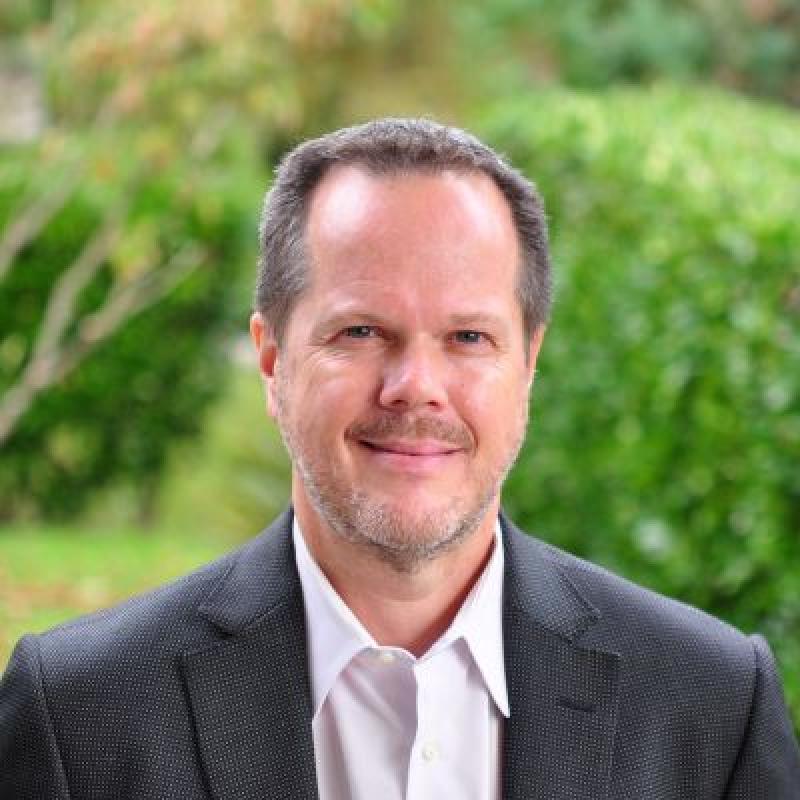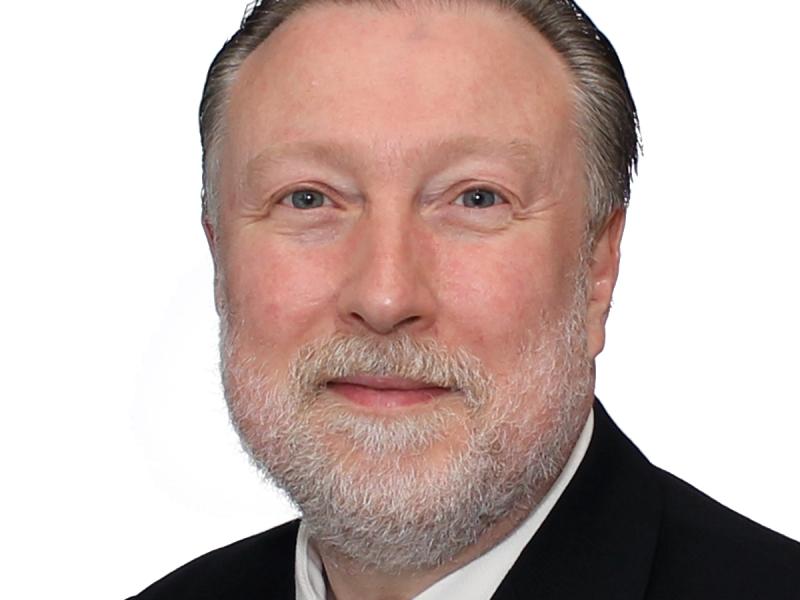
Climate tech and cleantech companies will have to reframe themselves around jobs, efficiency and economics in a more uncertain, unfriendly investing environment, according to a senior figure at a green investment firm.
Tom Boddez, a general partner at Vancouver-based Active Impact Investments, said the return of Donald Trump to the White House has made cleantech and climate impact a “dirty word” in the U.S. Trump has voiced skepticism of the scientific consensus on global warming, promotes fossil fuels and has positioned his administration against the clean energy transition.
The fear of a chilling effect on the sector was noted by panellists at the GLOBExCHANGE conference in February, who spoke about the possible challenges from U.S. tariffs and needing to adjust their investment priorities.
Boddez sees a new vocabulary emerging that can maintain green investing while avoiding the more politicized terms. Energy transition, energy security, job creation, cost reduction, greater efficiency and avoiding pollution are the two-word phrases he believes will be emphasized due to their appeal across the political spectrum.
“If you can explain why the solution provides a better user experience at a cost that beats the incumbent solution, the fact that there’s also a climate benefit is gravy,” he said in an interview with Sustainable Biz Canada.
Active Impact operates three climate tech funds that total $172 million in assets under management. It has invested in 39 companies to date, such as Canada-based SWTCH and ChopValue.
Cost is king in the new investing environment
Boddez found a measured tone at the Cleantech Forum North America held in San Diego in January. Discussions revolved around finding the power for data centres and a change in language as the most prudent moves to make. Support for solutions would not come from “save the planet” but by saying “this is a better, cheaper, more effective way of doing things.”
An example of a startup that embodies this is Vancouver-based Jetson. Developing a vertically integrated heat pump installation business, its electric heating and cooling equipment is less expensive than a new natural gas furnace.
Jetson will find it easier to sell heat pumps to its customers by promoting the cost savings, and the heating and cooling efficiency for a home versus natural gas furnaces, Boddez said. The climate benefit is an added bonus.
“You need to be able to discuss climate issues and companies in a way that gets people to understand that we’re not talking about some kind of charitable thing to save the world,” he said. “We’re talking about companies that have figured out a better way to do things.”
Take solar energy as an example. As the cheapest source of electricity today, Boddez said it is seeing enormous uptake not solely because of its environmental advantages, but because of the low costs and energy independence it promotes.
His observation of the investing climate was mirrored by the Cleantech Group, a San Francisco-based industry research group. In its 2025 Global Cleantech 100 list, Cleantech Group said companies that emphasize economics and are not reliant on government support will likely survive the leaner times that are approaching.
Cleantech Group also predicts more exits from companies addressing the high power demand from data centres, electrified manufacturing and buildings, and electric vehicle charging.
Murray McCaig, the co-founder and managing partner of Toronto-based sustainability investment firm ArcTern Ventures, said at GLOBExCHANGE the organization has begun examining more politically palatable investments into energy efficiency over clean energy sources such as nuclear and geothermal.
Road bumps, not a dead end
Concerns that Trump would lead to a screeching halt in green investing are overstated, Boddez said. He believes in the “inevitable march of the world towards clean energy”. To him, the real questions are the speed of the change and what kind of road bumps will arise.
The International Energy Agency (IEA) and BloombergNEF said approximately US$2 trillion went into clean energy in 2024, which made up two-thirds of overall energy investment according to the IEA.
Even with a hostile U.S. government, a source of encouragement for Boddez is interim Prime Minister Mark Carney, a leader he expects will deftly apply his background in markets, banking and climate solutions for Canada’s energy transition. That, of course, is providing he gets elected in April.
Boddez urges not overreacting to U.S. tariffs on products such as aluminum and steel that could hurt the clean energy sector. The ever-changing threats make it difficult to be certain about the impacts, so he does not see companies dramatically adjusting their behaviour.
Though few companies in Active Impact’s portfolio are affected the tariffs, Boddez acknowledges it will be prudent to re-examine supply chains and focus on domestic and world markets that are unaffected by the U.S.
For companies that cannot avoid the question of tariffs, such as Canadian cleantech manufacturers that sell to the U.S., Boddez said they may need to look at establishing a facility in the U.S. and sourcing more from the country. He also recommends examining sales opportunities in Canada, Europe and the rest of the world.
“While the U.S. is of course a giant market, it’s not the only market.”










